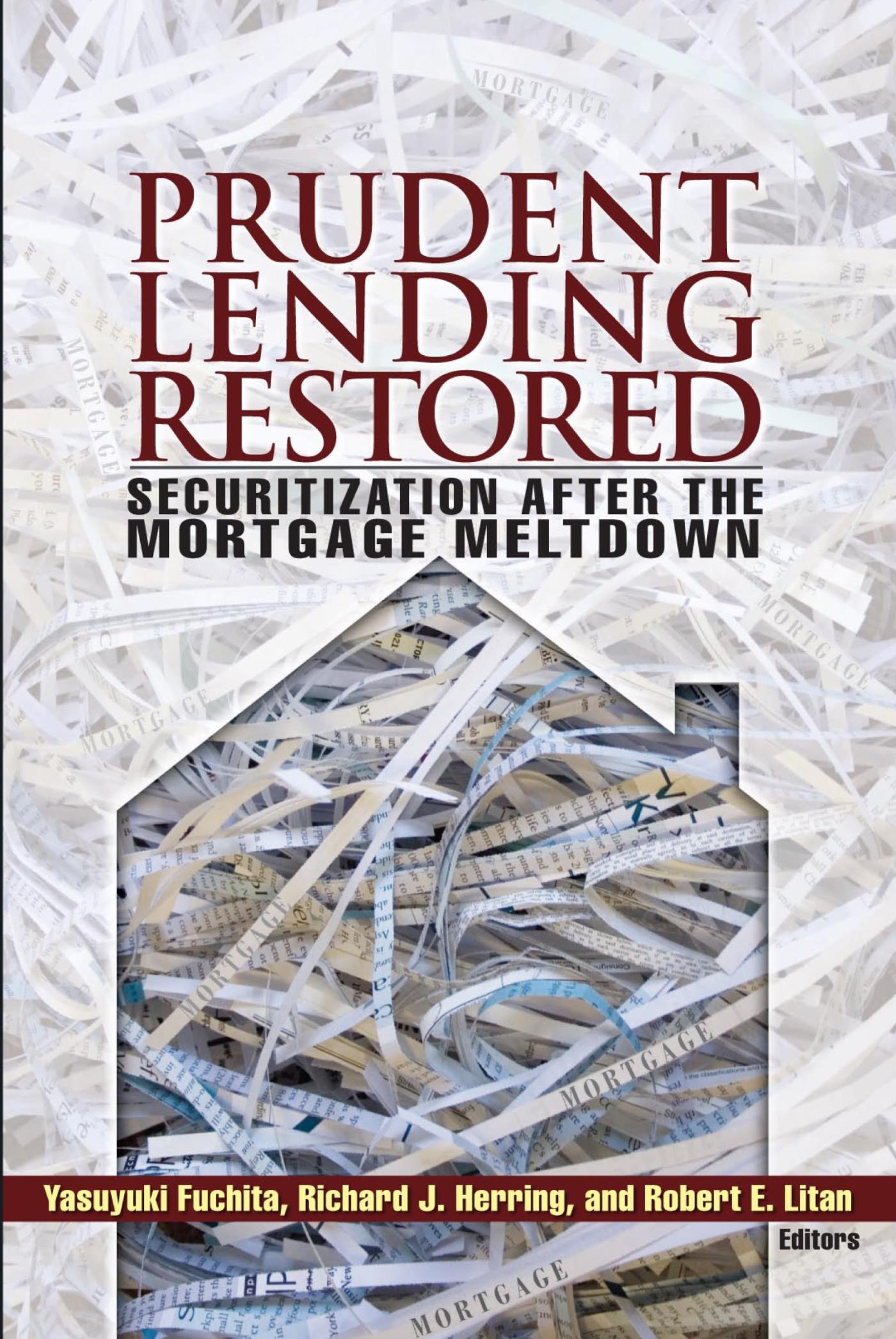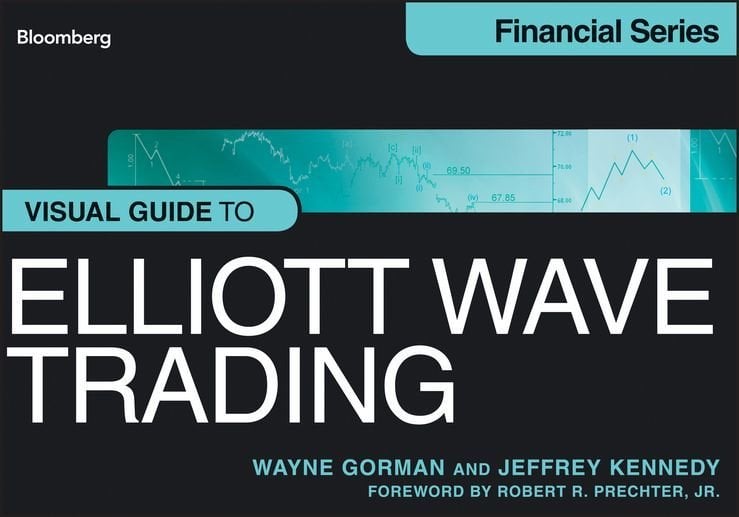There is little dispute that the mortgage meltdown of 2007, created by irresponsible lending and lax oversight, helped lead to the global financial crisis. Why were these securities backed by subprime debt so desirable to so many seemingly sophisticated investors? The answer lies in distorted incentives, opaque securitization structures and a willingness to believe that house prices would continue to rise indefinitely and the hope for super-normal returns. In Prudent Lending Restored experts from the United States, Europe, and Japan draw a timeline of key events along the road to our most recent recession. Providing an in-depth analysis of the causes of the subprime mortgage meltdown, they propose reforms, including a more simplified securitization process with emphasis on oversight to encourage more prudent lending. This timely volumethe collaboration between the Brookings Institution and the Nomura Institute of Capital Markets Researchargues that securitization can and should have a brighter future, and they lay out ways that will make that possible. Contributors: Jennifer E. Bethel (Babson College), Robert E. Eisenbeis (Federal Reserve Bank of Atlanta), Allen Ferrell (Havard Law School), Günter Franke (Konstanz University, Germany), Jack Guttentag (University of Pennsylvania), Gang Hu (Babson College), Tetsuya Kamiyama (Nomura Institute of Capital Markets Research, Tokyo), Kei Kodachi (NICMR), Jan P. Krahnen (Goethe University Frankfurt, Germany), Joseph R. Mason (Louisiana State University), Igor Roitburg (Default Mitigation Management LLC), and Eiichi Sekine (NICMR).












